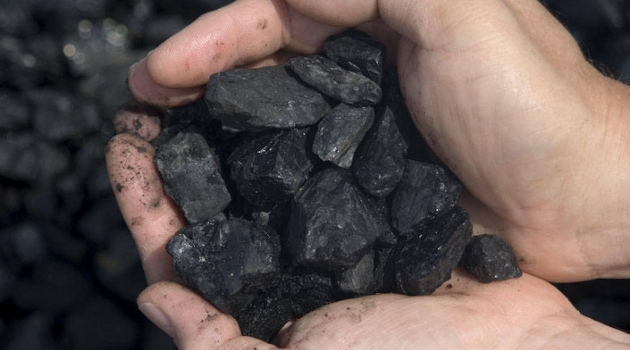This article appeared on Inside Sources on August 5, 2015, and syndicated in the Detroit News.
Cronyism isn’t popular these days. It never really has been, but growth in public awareness of the problem has forced special interests to get more creative in how they approach their rent-seeking. So it comes as no surprise to see a new report outlining how billionaires like Michael Bloomberg have co-opted the Sierra Club to serve as proxy advocates for their personal business interests.
It’s no secret these “green” billionaires are in the game to make money. They are at the forefront of investing in upstart green companies, many of which need government support in order to survive. It now appears that in addition to giving money directly to politicians to gain favors, benefits, and handouts for their favorite investments, they have also hijacked non-profit environmental groups for their benefit.
A new report released recently from the Energy & Environment Legal Institute documents how the Sierra Club’s largest donors accrue economic benefits from the activities of the environmental conservation group. Taking advantage of the Club’s reputation as a steward of the environment, they’ve funneled millions into efforts to shut down traditional energy sources in order to benefit their own economic interests and investments.
Former mayor of New York Michael Bloomberg says “coal’s days are numbered,” and recently announced $30 million in support for the Sierra Club’s goal of eliminating half of all coal plants in the U.S. by 2017. The donation comes on top of the $50 million he supplied in 2011. Other billionaires like Nathaniel Simons, Roger Sant, David Gelbaum, and Tom Steyer are also funding their efforts.
Coal provides the largest share of domestic production of all energy sources, so shuttering a large number of plants could prove extremely disruptive for consumers. That’s exactly what the Sierra Club’s large donors are counting on as they move in to fill the politically-created void.
The Sierra Club’s Beyond Coal campaign has vast resources at its disposal thanks to these billionaire energy barons, and it’s using its war chest to bring the fight directly to the states. The campaign has made significant progress, shuttering almost 200 plants in just 3 years, by building on the organization’s other successfully lobbying efforts.
For instance, the Sierra Club has a cozy relationship with the EPA, and has worked in conjunction with regulators for years through use of “sue and settle,” also known as “friendly lawsuits.” Congressman Don Young once described the process where “environmental groups and a federal agency agree to enter into a lawsuit that alleges that the agency has failed to meet a regulatory deadline or requirement. The two parties then settle with a preconceived consent decree that circumvents the traditional rule-making process and ‘forces’ the agency to quickly implement mutually agreed-upon rules.”
Among the many burdensome rules passed through “sue and settle” were regulations that piled costs on coal production, providing ammunition for the army of lawyers that the Sierra Club has dispatched to state and local governments to convince them that coal is too costly, thanks in large part to the very federal regulations pushed by the Club.
Meanwhile, they can point to green energy as a cheaper alternative, though they benefit from subsidies that really just shift and hide their true costs. And if those other energy sources happen to be produced by Sierra’s largest donors, well, what’s a little back scratching in the name of environmental progress?
Rather than win in the competitive market by simply providing a better or cheaper product, these billionaires are looking for rules to hamstring the competition. That’s not unusual, but by surreptitiously working through an outside interest group with extraordinary influence at the EPA, they’re circumventing even the most minimal checks and balances and buying a level of regulatory control otherwise unheard of.
Nor do they plan to stop any time soon. According to the leader of the Beyond Coal campaign, Bruce Niles, “Once we’ve taken out coal, we’ll need to take on oil.” And no doubt there will be a group of billionaires funding the effort, who eagerly await the opportunity to pick up the pieces of another vital American industry laid to waste by the environmental lobby.

